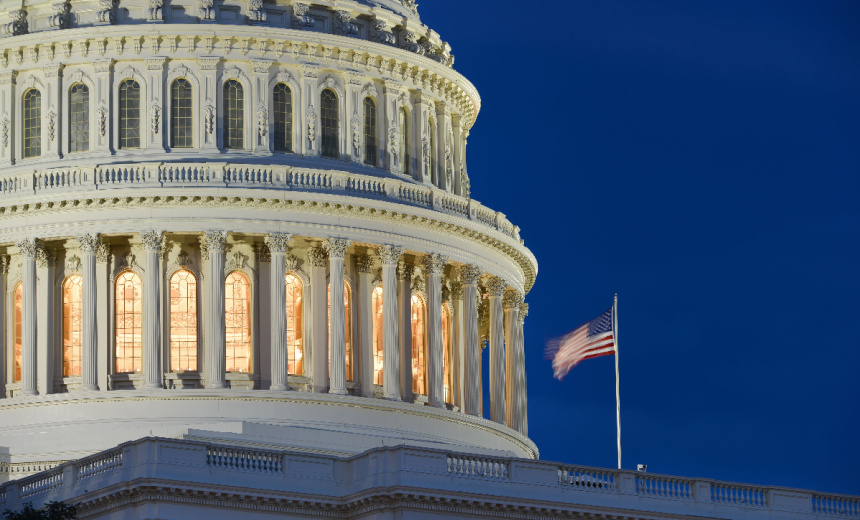
A recent bipartisan effort in the U.S. Senate has unveiled a detailed road map for artificial intelligence (AI) that includes a proposal to allocate $32 billion annually towards civilian research in this field. The road map was put together by a working group consisting of Majority Leader Chuck Schumer, Democratic Sen. Martin Heinrich, and Republican Sens. Mike Rounds and Todd Young, with the aim of outlining policy priorities for bipartisan consideration in the Senate.
The funding proposal of $32 billion annually for AI research is based on a recommendation from the National Security Commission on Artificial Intelligence, which called on Congress to ensure that the federal government spends at least 1% of the gross domestic product on scientific AI research. This year, the spending totaled $8 billion, indicating a significant increase in investment towards AI research.
According to Senator Rounds, a major portion of the non-defense spending will be allocated to the healthcare sector, highlighting the potential benefits of AI technology in revolutionizing healthcare practices. Additionally, Schumer mentioned that an “equal amount” of funding would likely be sought for defense research, reflecting a balanced approach towards using AI for both civilian and defense purposes.
Unlike previous approaches that prescribed specific policies for AI development, Schumer emphasized that the road map takes a more flexible approach, advocating for a piecemeal legislative strategy rather than a comprehensive bill. This approach aligns with the bipartisan nature of the initiative, as AI technology is expected to impact all sectors irrespective of political affiliations.
The road map focuses on eight key areas, including innovation, workforce utilization, elections and democracy, privacy and liability, transparency, explainability, intellectual property and copyright, and AI risk prevention and national security. It calls for the establishment of a framework to determine when additional evaluation is required for AI systems, without mandating a blanket process for all tools. Moreover, the report does not propose changes to copyright law but suggests considerations for new legislation on transparency, content provenance, and likeness protection.
Despite the comprehensive nature of the road map, some experts have criticized its approach, citing a lack of rigorous governance mechanisms for AI systems. Suresh Venkatasubramanian, co-author of the White House’s AI Bill of Rights, noted that the report missed key elements related to governing rights affecting AI systems, highlighting the need for investments in sociotechnical research to effectively regulate AI technologies.
The senators conducted nine forums with AI policy leaders in 2023, engaging industry executives such as Sam Altman from OpenAI and Sundar Pichai from Google, along with academics, labor representatives, and civil rights advocates. The road map also addresses concerns about the opaque nature of AI systems, proposing regulatory language that enables regulators to access relevant information for enforcing existing laws.
In order to distinguish AI-generated content from human-created content, forum participants discussed the use of watermarking as a potential solution. This approach, favored by tech companies and government agencies, aims to enhance transparency and accountability in AI-generated content.
Overall, the bipartisan road map for AI policy has been described as one of the most comprehensive and impactful recommendations issued by the legislative branch on artificial intelligence. With a significant focus on research funding, governance mechanisms, and transparency measures, the road map sets a promising direction for AI development in the United States.

